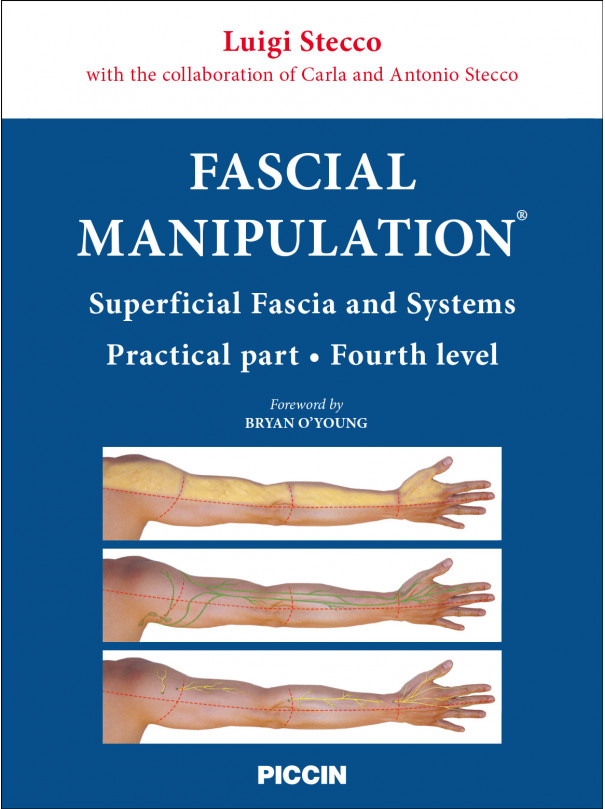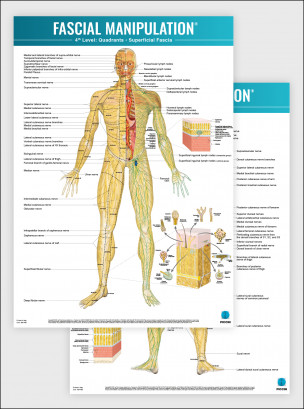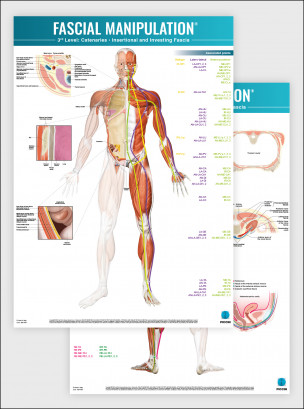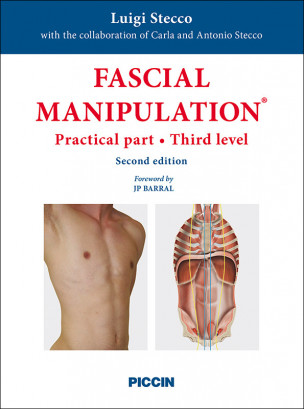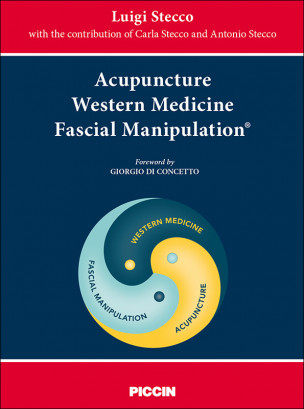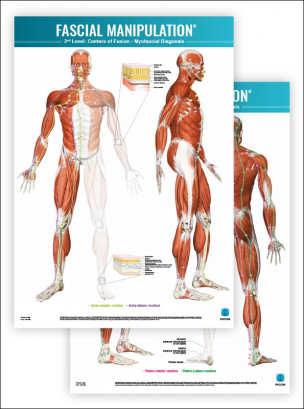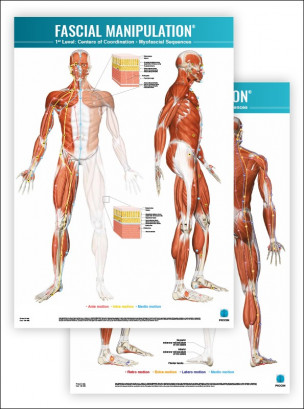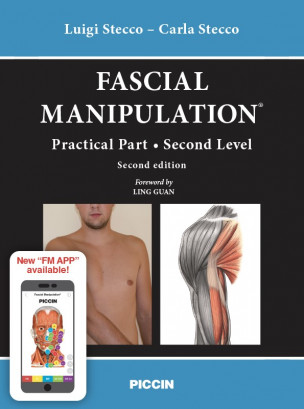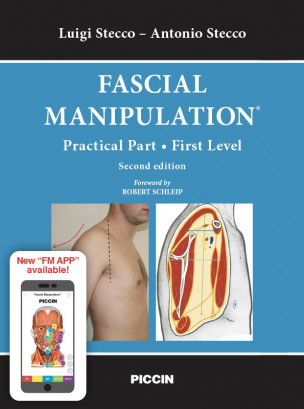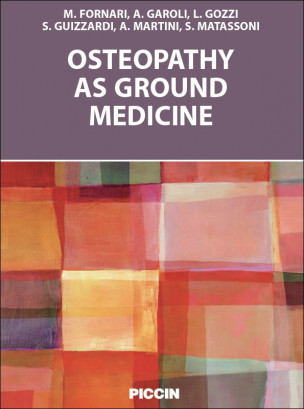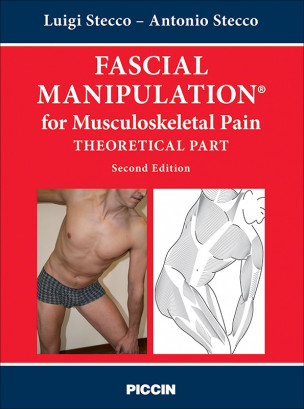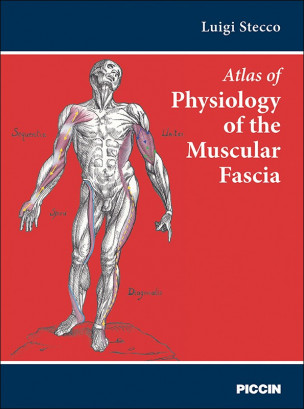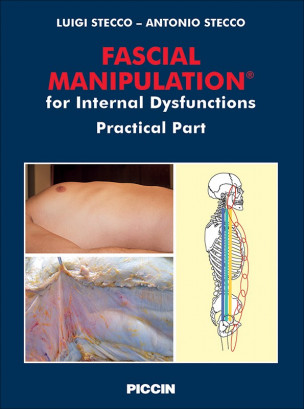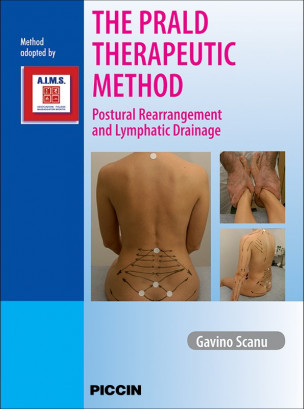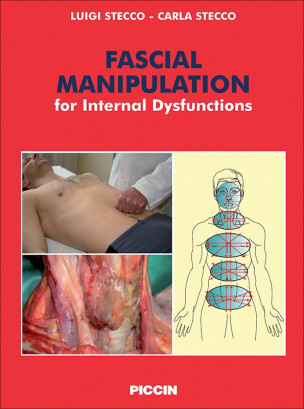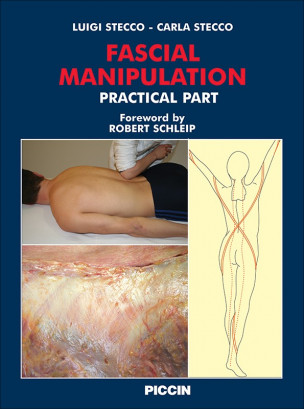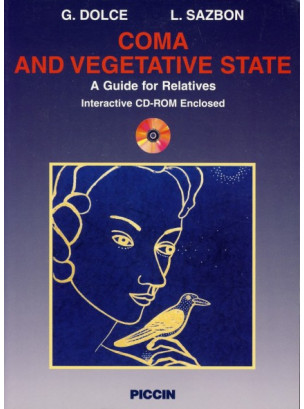FASCIAL MANIPULATION® Superficial fascia and systems - Practical part - Fourth level
Luigi Stecco with the collaboration of Carla Stecco and Antonio Stecco
55,00 €
FOREWORD
I have always been interested in the human fascia, and it is my greatest pleasure to have met and worked with Antonio Stecco, the son of Luigi Stecco, considered one of the pioneers in the field. I am honored to be invited to write the foreword for Fascial Manipulation Practical Part Level IV: Superficial Fascia and Systems, edited by Piccin Nuova Libraria.
As the former president of the American Academy of Thermology, I look forward to the insights that this new book will bring regarding vascularization of the superficial fascia, the vital shunts between arterial and venous systems, and the differentiation among body regions. This data will assist in explaining many of the patterns from thermographic studies.
It is now evident that the upper back and neck have a superficial fascia with a high concentration of vessels that enhance thermographic signals. The new information from Steccos’ books, and in particular this book, will further enlighten the reader on the critical role of the superficial fascia not only in thermoregulation and vascularization of the skin but also in relation to the lymphatic system and fat lobules.
The book presents an innovative way to treat lymphedema with clear rationale and guidelines to assess and restore lymphatic flow. An increase in superficial fascia stiffness could collapse the lymphatic vessels and the inflow and outflow of the lymph nodes. It is also interesting to consider the correlation between the immune and lymphatic systems and how they influence one another—requiring simultaneous assessment and treatment. The author emphasizes that this book seeks to help practitioners treat patients and guide them during the assessment process to better define treatment strategies for faster and long-lasting results.
The book combines all the information of levels I, II, and III for a more systemic approach to dysfunctions that require a full vision of the human body. I believe that this should be the goal of all healthcare practitioners working in rehabilitation. Too often, I have seen a localized approach that could not give the results expected. This global approach was also used in Luigi Stecco’s Acupuncture: Western Medicine and Fascial Manipulation. He provides an essential overview of the relationship between cultures and reinforces a holistic, developmental approach to the body. My acupuncture experience allows me to understand better what Luigi means when he writes that fascia is “the connective tissue that connects Eastern and Western medicine.” With Level IV, Practical Part: Fascial Manipulation, we can discuss how the internal systems (immune, thermoregulation, and metabolic) directly connect with the external systems (lymphatic, cutaneous, and adipocytes).
This work presents a brilliant clarification of the autonomic nerve system, underlying how the paravertebral ganglia, the ‘primitive ganglia,’ organize efferent and afferent neurons from the superficial fascia. In contrast, the prevertebral ganglia are like a ‘second brain’ that organizes these neurons from the hypothalamus to the organs. The para- and pre-vertebral ganglia interact to allow the body to self-regulate in relation to environmental changes.
It is fascinating how difficult pathologies, such as complex regional pain syndromes, can be easily understood and treated. A peripheral nerve is 80% autonomic fibers. Most of these fibers reach the superficial fascia and the skin to regulate and carry information. An increase in the stiffness of either the superficial or deep fascia can generate multiple nerve entrapments.
I invite all clinicians to read this book in order to learn how to diagnose and appreciate the fascia.
Bryan O’Young, MD
Professor and Vice-Chair of Education
Lewis Katz School of Medicine,
Chief of Outpatient PM&R Services
Temple University Health System,
Clinical Professor, NYU School of Medicine
Rusk Rehab at NYU Langone Medical Center
Adjunct Clinical Professor,
Weill Cornell Medical College
Chief Editor, PM&R Secrets, 4th Edition
No customer comments for the moment.


